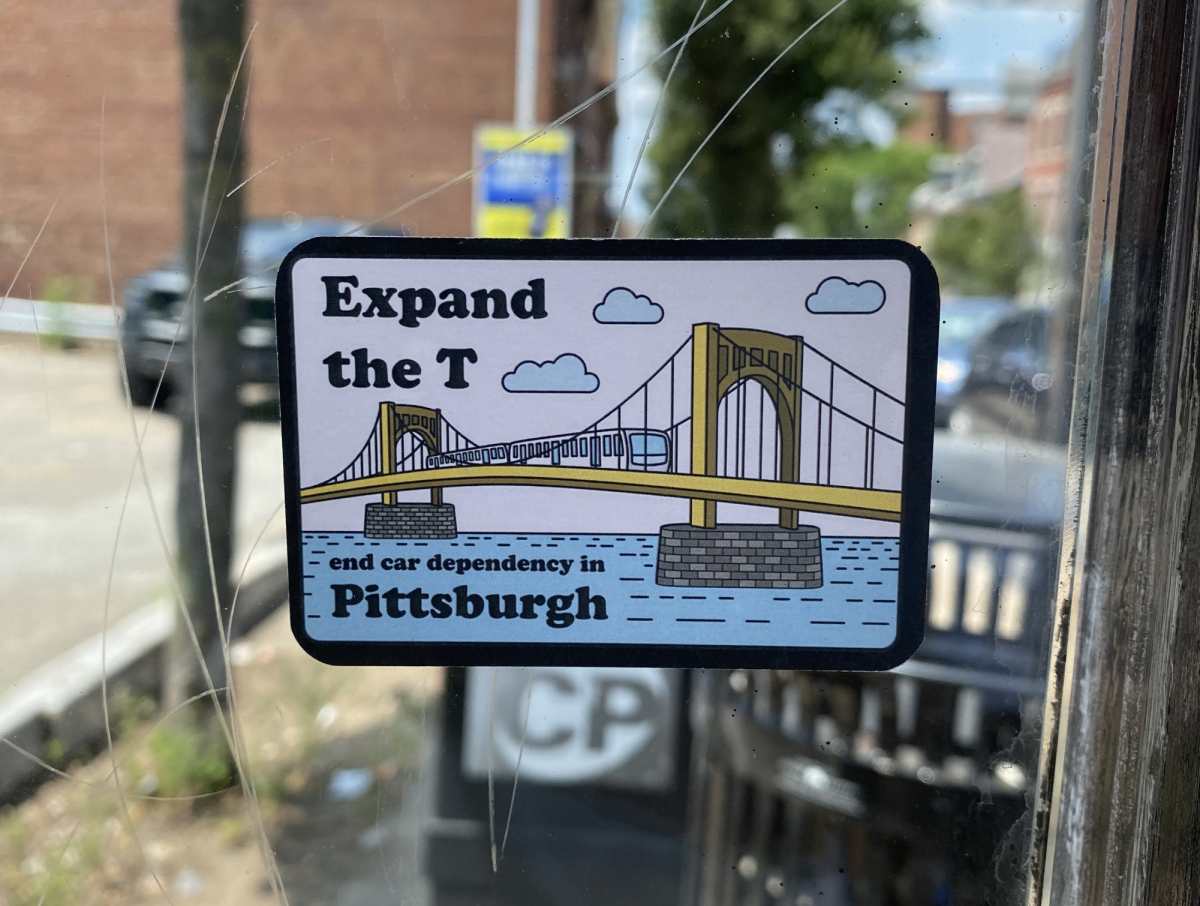The other day I was sitting in the waiting room of my dentist’s office and was reading a sleazy magazine. It kept me quite entertained with its pictures and gossip. I then realized that I didn’t even know the people described. Why should I care about Katy Perry and Russell Brand’s marriage or what Rihanna wore to an awards show? I really don’t, but I suppose a fascination with celebrities has always been a societal trend. We eat them up and spit them back out when we’re finished. But where is the line drawn for photography of celebrities? I believe celebrities are normal people. They eat food and drink water to sustain their lives, they walk their dogs and they have families. Granted, they have more money while doing so, but in principle, they are average people all the same. However, I also believe that it’s free game to take a celebrity’s picture when he or she is in a public place. Photographers have recently gone too far to take pictures inside celebrities’ homes or private work places, but when stars are in public, photographers should have no qualms. Celebrities should be able to handle the publicity their careers entail.Photographers will even go so far as to climb a neighbor’s the rooftop and snap a photo of someone inside the privacy of his or her own home. That means that the right to privacy is a rapidly diminishing commodity in the United States, according to the authors of Mass Media Law, Ron L. Pember and Clay Calvert. When a person achieves celebrity status, his or her right to privacy is immediately revoked unless the use of a name or likeness is defined. In recent years, many mass media organizations and the people who work for them have given new meaning to the concept of an intrusive or prying reporter.Paparazzi will stop at nothing to get the pictures they want. One can argue that taking someone’s picture without permission crosses very personal boundaries. On the other hand, one can argue that a photographer is doing his or her job. Being a celebrity photographer, or “paparazzo,” is a job just like that of an actual celebrity in that the person behind the camera is likely trying just as hard to support a family.Los Angeles hosts many “invasion of privacy” laws. In Oct. 2009, California Gov. Arnold Schwarzenegger signed an anti-paparazzi bill which, according to the Associated Press, made it easier for celebrities to sue media outlets that used photos that invaded their privacy. Celebrities could sue tabloids for taking pictures of them in private places, such as their homes. But what really invades celebrities’ privacy? If a celebrity is walking down a public sidewalk, is it logical for him or her to really sue a reporter for snapping a picture? A successful lawsuit requires proof of intrusion, which includes invasion of one’s solitude and private life.Celebrities who are willing to make sacrifices can retain largely private lives. For example, in 2007, Angelina Jolie felt violated when a paparazzo took a photo of her bathing her children. Her family had gone to great lengths to block prying eyes by placing bamboo screens around her home. But the photographer took advantage of a raised shade to photograph Jolie and her children. That could be considered intrusion and Jolie could have sued the photographer for violation of her right to privacy because she had already made a sacrifice by putting screens up around her house, which she shouldn’t have had to do. One’s right to privacy is a dimension of appropriation and is designed to protect an individual from the emotional damage that can occur when one’s name or likeness is used for commercial or trade purposes. However, Angelina Jolie would have lost such a suit because she was a public figure and the fact that she put up screens around her house, was acknowledgment that she knew people would try to photograph her. Also, in 2006, the California Court of Appeals ruled that it was not an intrusion into a private place when a photographer standing in a public park took a picture of a crime victim. When one stands in a public place, any coverage is fair under the law.There are, in fact, cases where intrusion is valid. The most famous example was the persistent following of Jackie Onassis by paparazzo Ron Galella. A court actually instituted a restraining order that prohibited Galella from coming within 150 feet of Onassis and her children. Taking a picture of a public figure is one thing, but stalking that person is another. It is illegal for a person to stalk another, especially for purposes of photography without consent. How does one know the difference, though? How does one know when things go too far? New laws, a result of Princess Diana’s death, have been affected. In that case, paparazzi chased the vehicle she crashed and died in. That’s why it’s so hard for a paparazzi case to be upheld in court. That’s why most celebrities try to ignore annoying flashes and people screaming his or her name when they are out trying to live a normal life and do such things as buying groceries or getting their haircut.Invasion of privacy cannot only be used within the context of taking someone’s photo, but also when speaking about a person. The public disclosure of private facts is a huge concern for celebrities. You knows that when you read juicy gossip in a magazine about celebrities and sometimes it lists that “close sources” gave the information away? Well, that magazine had better be confident that those sources didn’t disclose information that was not confirmed by the celebrity’s representative or the celebrity himself. The disclosure of private facts is defined as giving one who gives publicity to a matter concerning the private life of an individual, and the wrongdoer is liable to the offended party for invasion of his privacy, if the matter publicized is of a kind that would be highly offensive to a reasonable person and is not of legitimate concern to the public. Unfortunately, this offense is frequently committed within the celebrity world because people use other’s fame of others for money. It’s done enough, in fact, that most celebrities do not take action unless what was said caused extreme emotion or economic distress in their lives. They have learned to live with it.
April 19‘Burgh Bites: Subway








